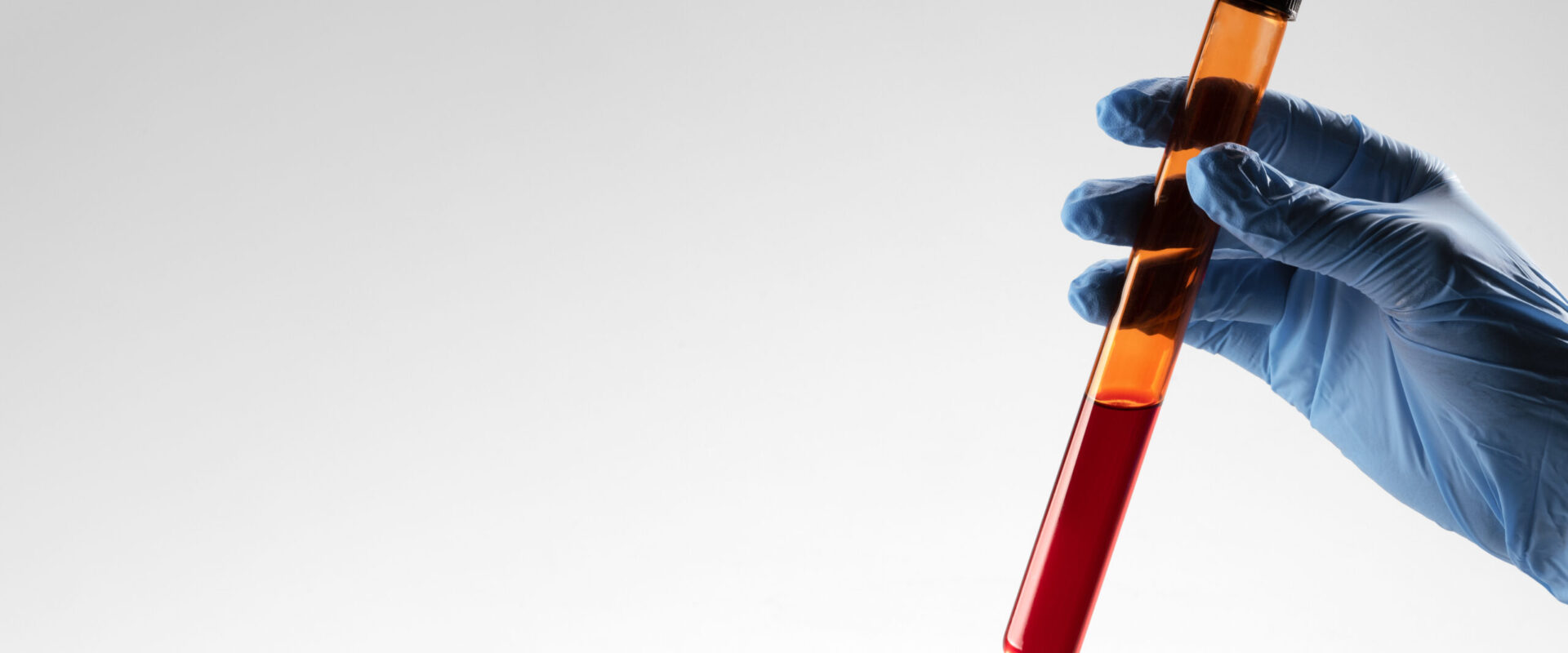Problem
Innovating food production is one of the most impactful ways to reduce humanity’s footprint on the planet. Subsequently, by making the production of food more sustainable, we can also make the food we eat healthier and better tasting. Numerous companies in Estonia and worldwide are devising fresh and inventive approaches to produce the sustenance necessary for our survival (and pleasure). Recent breakthroughs in biotechnology also present new methods for food production, as well as new sources of essential food ingredients to substitute animal-based and unsustainably sourced food ingredients.
However, bringing these products to the market in the European Union can take upwards of €2M and more than 2 years. This means that innovation in the food industry will take place somewhere else where the process is more straightforward and less risky for the novel food companies.
Food Safety
ÄIO and Gelatex in partnership with Accelerate Estonia are working to enable our food systems to evolve, so that innovators across the world would have Estonia, renowned for its digital prowess, to help them with receiving the required novel food approvals in the EU. The challenge in food innovation lies in the imperative of ensuring the verifiable safety of the food we consume. This vital undertaking instills confidence among consumers regarding the integrity, transparency and safety of the food products available on the market.
European nations have entrusted EFSA – the European Food Safety Authority to validate and regulate the food markets across Europe. EFSA has established a very thorough process to validate whether a new food product is safe or not and thanks to their work, regular consumers like you and I have never even heard of them, because we take food safety for granted.
The Challenge
Since novel food in its nature is new and different, the ways in which you check its safety varies intensely, and there is no default checklist a company bringing a new product to the market can fill to validate for themselves that they are ready for EFSA authorisation. It is a back and forth hurdle a company has to go through in which they carry through various scientific tests to prove their product is safe.
Due to this, food innovation companies are heavily reliant on private consultants who help them map out all the potential tests the company might need to run in order to prove the safety of their product. This in turn is what makes the process very costly and time-consuming, since a company might have round upon round of due diligence between EFSA, the consultants and scientific testing. For a young innovative startup this can be quite troublesome, since investors want to see quick returns and you don’t have years upon years just to validate your product, not even reaching manufacturing.
Solution
This is where Estonia comes in. We want to create the knowhow for the Estonian public sector (The Centre of Estonian Rural Research and Knowledge) so that they can guide both Estonian and international companies through this process, in turn creating a novel food hub in Estonia.
We will do this by running a pilot with ÄIO’s and Gelatex’s products and gathering as much knowledge around these different case studies as possible. The Estonian authorities have the opportunity to leverage this knowledge and cultivate recent food innovation into a hub of pioneering expertise in novel food certification. Possibly even creating an AI based support system for novel food companies from across the world. The Estonian public sector itself is keen for this to work – since it’s their goal to guarantee food security and food safety for the Estonian citizens and help Estonian companies in the pursuit of food innovation.
By doing this we will reduce the reliance on private consultants and make the entry to market for new solutions much easier, since creating food out of thin air (or sawdust) seems hard enough as it is. And in the long run, bringing healthier and more sustainable food to the public as well as opening up a whole new sector, with its roots in Estonia.
ÄIO
ÄIO and Gelatex are both novel food companies, both developing entirely new ways of food production. ÄIO is on a mission to replace palm oil, coconut oil and animal fats with sustainable and healthier alternatives. They “brew” fats and oils by valorising other industries’ side streams like sawdust.
Gelatex
Gelatex on the other hand is enabling the right texture and mouthfeel for cultured meat. This means that meat is produced from the cell of an animal in a bioreactor. The result is just like animal meat, yet the animal can happily go about its life. Gelatex provides a high-tech fibrous material that enables the cells to form a muscle tissue, making cultured meat taste and feel just as we are used to.



